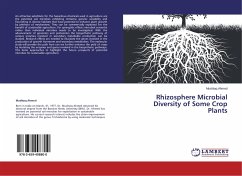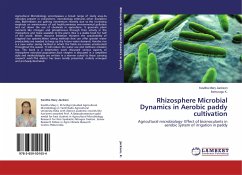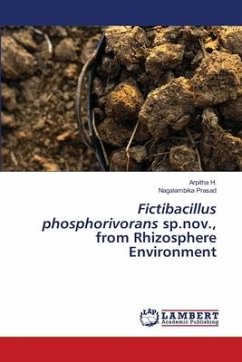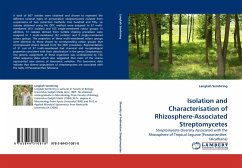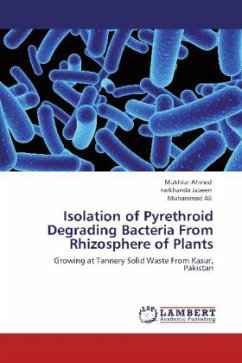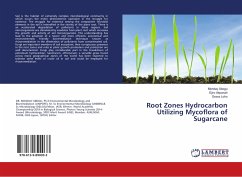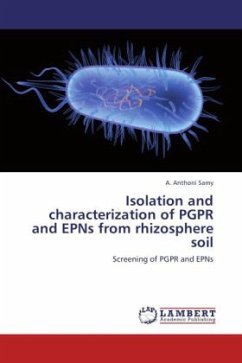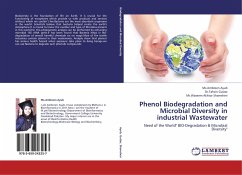An attractive substitute for the hazardous chemicals used in agriculture are the potential soil microbes exhibiting immense genetic variability and flourishing in diverse habitats that have potential to enhance plant growth by plethora of mechanisms. They can be commercially exploited for the benefit of sustainable agriculture. For synergistic effects microbial consortia rather than individual microbes needs to be investigated. With the advancement of genomics and proteomics the biosynthetic pathway of various enzymes involved in secondary metabolite production can be studied. Research e orts are needed to elucidate the genes involved in the production of growth hormones and secondary metabolites. The molecular study will provide the path how can we further enhance the yield of crops by mutating the enzymes and genes involved in the biosynthetic pathways. This book approaches to highlight the future prospects of potential microbes for sustainable agriculture.
Bitte wählen Sie Ihr Anliegen aus.
Rechnungen
Retourenschein anfordern
Bestellstatus
Storno

